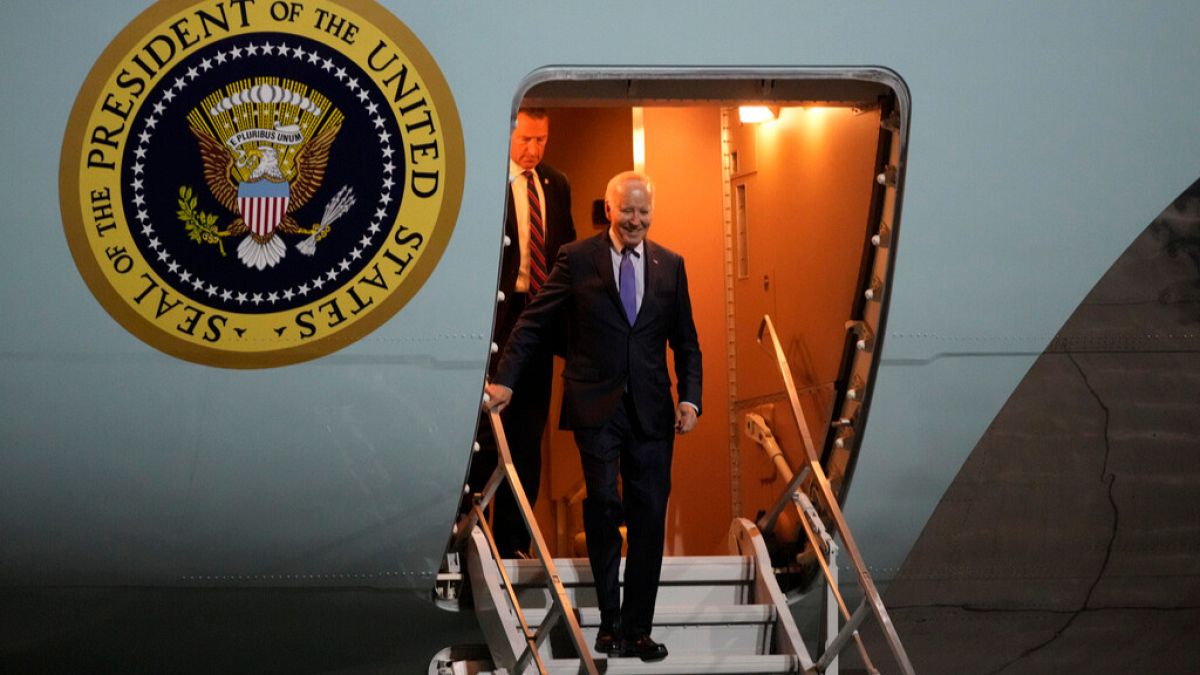German politicians are apprehensive about the prospect of former US President Donald Trump returning to the White House, expressing pessimism and concerns about how his administration would affect US foreign policy and relationships with key allies. Current German Chancellor Olaf Scholz has openly praised President Joe Biden for his efforts to improve relations between Germany and the US during his time in office. However, politicians from both the ruling and opposition parties have expressed reservations about the idea of a second Trump term, citing past clashes and uncertainties surrounding future cooperation.
The German public shares this skepticism, with over 80% of Germans believing that a Trump presidency would have a negative impact on transatlantic relations. Memories of Trump’s tumultuous tenure from 2016 to 2022, marked by clashes with then-Chancellor Angela Merkel over various issues including defence spending, migration, climate change, and trade, have left a lasting impression on German perceptions of US leadership. Trump’s decision to withdraw American troops from Germany near the end of his presidency further strained relations between the two countries.
The biggest concern for Germany and its European allies is the potential impact of a Trump presidency on their support for Ukraine in its ongoing conflict with Russia. As the largest supplier of Ukrainian military aid in Europe, the US plays a crucial role in supporting Ukraine’s defense against Russian forces. However, Trump’s hinted withdrawal or reduction of support for Ukraine could put additional pressure on European nations to step up their contributions. The German government, while divided on the extent of support it is willing to provide, has faced criticism for hesitating to send crucial military equipment to Ukraine.
Despite promises to continue financial support for Ukraine, Germany has struggled to fill budget gaps and faces challenges in meeting its commitments to the war-torn country. The looming possibility of a Trump presidency has raised concerns about potential reductions in NATO support, requiring European countries to fill the void left by the US. This scenario could further strain resources and decrease support for Ukraine, complicating efforts to assist the country in its conflict with Russia.
As German leaders grapple with uncertainties surrounding the upcoming US election and the potential return of Trump to power, the future of transatlantic relations and support for Ukraine remains in question. While President Biden’s visit to Berlin signals a commitment to strengthening Western alliances, the specter of a second Trump term casts a shadow of doubt and concern on the relationships between the US, Germany, and other European nations. The coming weeks will be critical in determining the direction of US foreign policy and its implications for international cooperation and security.


























